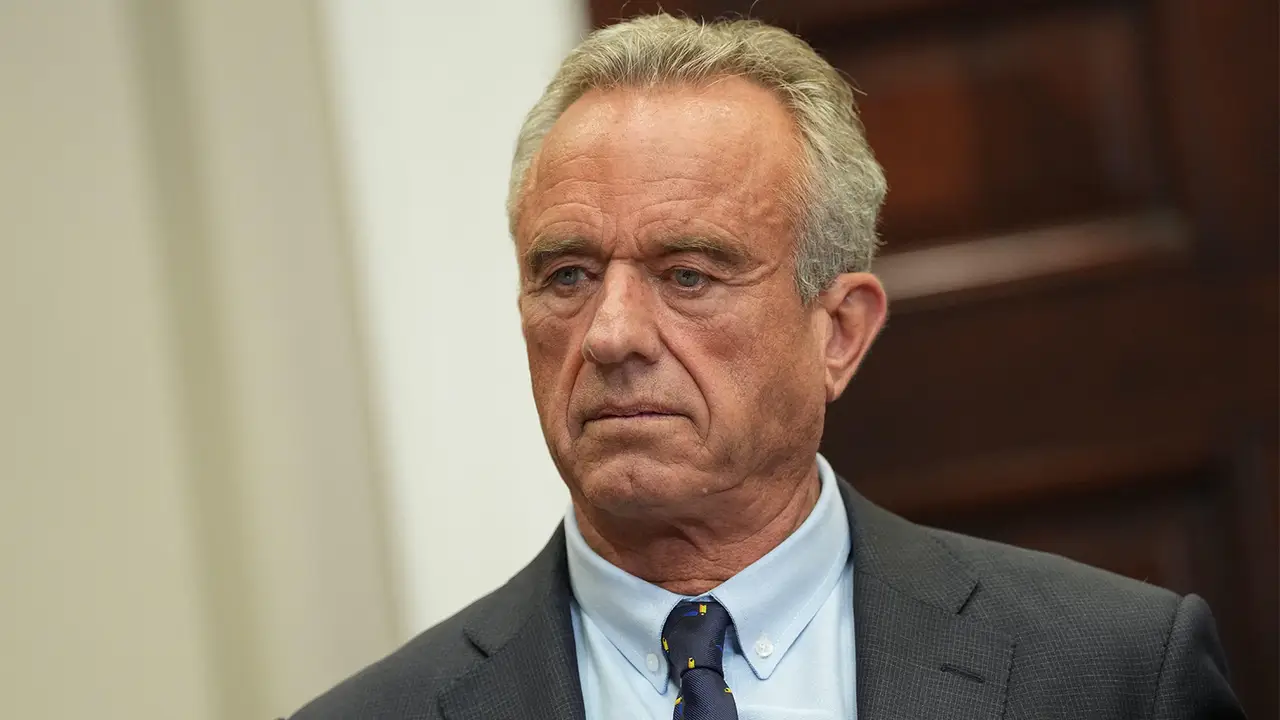Monday, September 18, 2025
A high-stakes meeting is underway at the U.S. Centers for Disease Control and Prevention (CDC), as the newly reconstituted Advisory Committee on Immunization Practices (ACIP) is set to review significant changes that could reshape the nation’s childhood vaccine schedule.
What’s at Stake
Health Secretary Robert F. Kennedy Jr., who has long drawn attention for his controversial views on vaccines, replaced ACIP’s previous 17 members with a new slate of experts. Many among the new members are viewed skeptically by public health officials. The upcoming ACIP meeting is expected to deliberate votes on key vaccines including:
- Hepatitis B vaccination timing — whether the first dose, customarily given at birth, should be delayed if the mother is not infected.
- MMRV vaccine (measles, mumps, rubella, varicella) — reconsideration of its use due to associations with a slightly elevated risk of febrile seizures in children under four; possible separation of chickenpox component.
- COVID-19 vaccine recommendations — reviewing safety profiles, use of reporting systems for side effects, and possibly restricting eligibility based on age or risk factors.
Points of Tension
- Scientific Community Concerns: Many experts argue there’s no new data compelling enough to alter tried-and-true vaccine schedules. They warn that changes might reduce protection against serious diseases and undermine decades of public health progress.
- Policy vs. Evidence: Critics say decisions seem influenced more by ideology than emerging science. Some former CDC officials have expressed alarm that the process may weaken evidence-based policy.
- Public Trust: With vaccines already under scrutiny, there are concerns that change without clear justification could erode public confidence, affecting vaccine uptake.
Key Personalities and Institutional Shifts
- Former CDC leadership has voiced dissent. One former director was dismissed after reportedly refusing to “rubber-stamp” policy changes without proper evidence.
- New ACIP members include individuals whose past statements or positions have raised questions about vaccine safety or vaccine policy, adding to fears that recommendations could shift away from established norms.
- Role of the CDC and HHS: The public health system appears in flux, as authority over vaccine policy may increasingly rest with politically appointed officials rather than longtime CDC process norms.
Possible Outcomes
- The panel could vote to delay the Hepatitis B shot for healthy newborns whose mothers have tested negative for the infection.
- It may recommend separating the varicella (chickenpox) component from the MMR vaccines for toddlers under four, instead of using the combined MMRV shot.
- Restrictions around COVID-19 vaccines may change — for example, more limited age groups or risk conditions could be defined, or additional safety monitoring protocols reinforced.
Why This Matters
These recommendations have wide-ranging implications:
- Public health protection: Vaccines have played a major role in reducing illness, disability, and death from infectious diseases. Changes to timing or availability could affect how well communities are protected.
- Vaccine coverage and insurance: ACIP recommendations influence what vaccines are covered by public programs like Vaccines for Children, as well as by private insurers.
- Legitimacy of science-based policy: The meeting will test how much weight evidence and peer-reviewed research retain in U.S. vaccine policy under the current administration.
The Outlook
By the end of this week’s session, the ACIP will likely issue updated recommendations. The health community is watching closely to see whether changes come with strong evidence — or whether they reflect a broader shift in policy approach under Secretary Kennedy’s leadership.















Leave a Reply